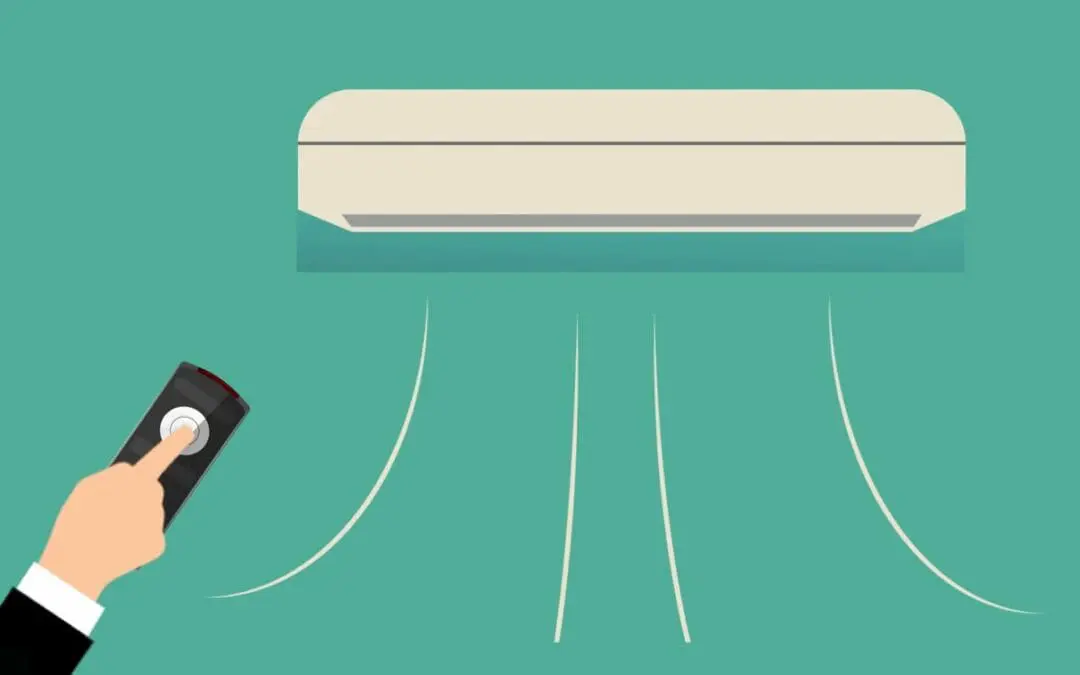Even though air conditioning is often thought of as a way to cool a home, it can actually be used to heat a house as well. In fact, air conditioning can be turned into a heating system by using the heating setting instead of the cooling setting. By doing this, you could save money on your fossil fuel bill and keep your home warm during the winter months. Here, we answer your questions around air conditioning and heating as well as explore the pros and cons:
How do traditional air conditioners work?
Air conditioning is a process of removing heat from a confined space (like a living room), thus lowering the temperature. Air conditioners use refrigerant to cool the air which evaporates at a low temperature and absorbs heat from the air. The system’s compressor then helps to circulate the refrigerant and keeps it at a low temperature so that it can evaporate again. This cooled air is then blown into the room, providing a comfortable environment.
Can an air-to-air units be used to heat a room?
Air conditioning units (also called air-to-air heat pumps) work by circulating cool air throughout a room or building, but did you know that air conditioners can also be used to heat a house? By reversing the direction of the airflow, an air conditioner can be used to draw warm air from outside and circulate it inside.
So yes, they air conditioning can heat a room however there are other key considerations to keep in mind before switching to air conditioning as a heating source.
Can an air conditioning unit replace conventional radiators?
Air conditioning can replace conventional radiators but it isn’t recommended due to higher running costs. You would also need to consider how you would heat your hot water as an air conditioning system cannot provide this. Radiators work by transferring heat from the air inside your home to the air outside and while this process uses a lot of energy it is still currently more cost effective.
Air conditioners are very energy efficient and environmentally friendly and while they could reduce your carbon footprint they may not be the most cost-effective or comfortable way to provide heat to your home.
What other positives are there to using air conditioning?
Air conditioning can help to improve air quality by filtering out pollutants and allergens. Also, it can also help to reduce noise pollution by absorbing sound waves.
Is it better for homes to use a heat pump rather than an air conditioning unit for both hot and cool air?
Heat pumps are like the reverse of air conditioning and can also heat hot water too. Despite the name, heat pumps can provide cool air for homes too. The process used to make warm air is essentially reversed thus providing cool water in the home, which can then be used through underfloor heating or wall mounted cassettes/fan coil units. However while air to water heat pumps can also provide cool water, the capacity for cooling is likely to be higher meaning a larger unit may need to be specified.
What is the difference between an air-to-water and an air-to-air heat pump?
The main difference between an air-to-water and an air-to-air (air conditioning) heat pump is their function. An air conditioner’s primary function is to cool air, while the primary function of an air-to-water heat pump is to heat the water in your hot water storage tank and then carried to your radiators/underfloor heating.
If you’d like to know more about air conditioning installations or heat pump installations for your home get in touch with us here.

